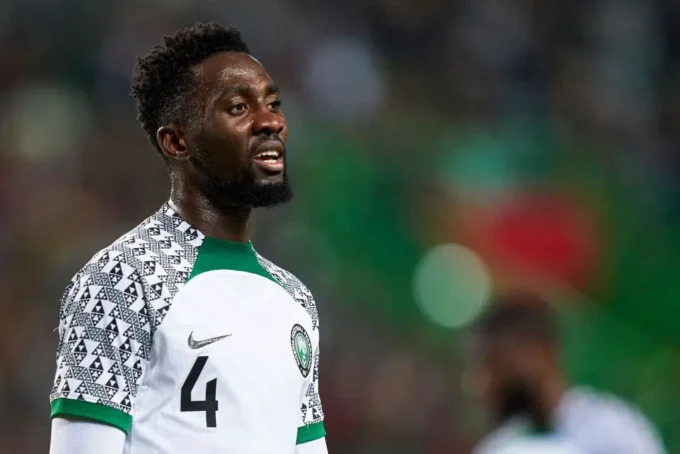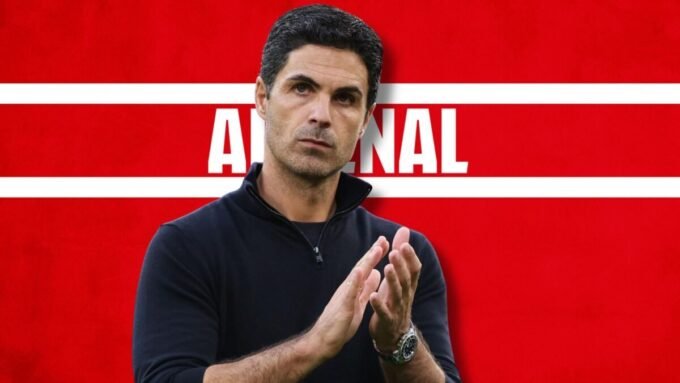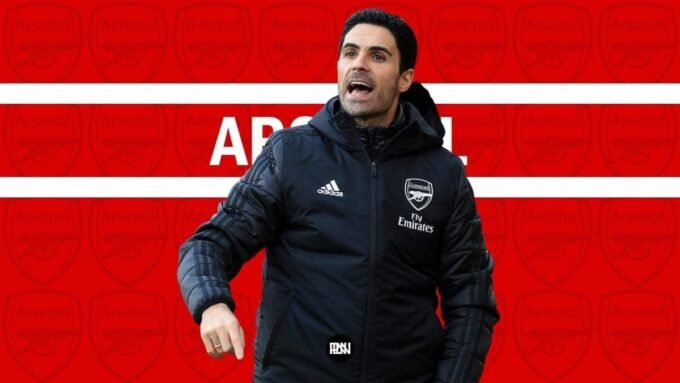There’s something very human about managers returning to familiar faces. Maybe it’s comfort, maybe it’s faith, maybe it’s the belief that you know exactly how to use someone. Whatever you call it, Nuno Espírito Santo’s apparent interest in Adama Traoré feels like one of those moves that makes immediate, obvious sense — and yet, as with most things in football, the full picture is a little messier.
The headline is simple: Traoré, whose contract at Fulham runs out this summer, has barely featured this season and could be available for a modest fee. Nuno, who worked with him for years at Wolves, knows the winger inside out — 131 appearances, ten goals, 18 assists under that manager. Numbers don’t tell the full story, but they do signal a long relationship and a coach who trusts what he gets from the player. That trust matters. It’s not just about talent; it’s about how a player fits into a plan.
Also read: Why Arne Slot’s Pitch Tilted Florian Wirtz Toward Anfield
Why West Ham might actually try this
West Ham’s attack hasn’t been firing on all cylinders. There’s a sense, right now, that something a bit more direct could help — especially in tight, nervy league games where a single moment of individual brilliance changes everything. Traoré offers raw speed, a relentless one-on-one threat and an ability to break lines that many teams still struggle to contain. If you’re Nuno and you want to alleviate pressure in a relegation fight or shore up a blunt attack, he’s the sort of player who could create those few extra moments that turn draws into wins.
There are practical reasons too. Fulham’s contract situation with Traoré opens the door to a cheaper transfer — a fee with add-ons, perhaps — and West Ham can promise minutes. That’s not nothing. Traoré has started only two league games for Fulham this season, so the idea of a reset under a manager who knows his triggers is appealing. Maybe he’ll step straight into the rhythm Nuno wants. Or maybe he won’t. I’m leaning toward “useful” rather than “instant saviour,” but I could be wrong — it’s football, after all.
How Nuno has used Traoré before
Nuno’s pattern with Traoré was clear at Wolves. He used him as a tactical weapon: bring him on when the pitch is stretched, start him when the opponent leaves space on the flank, or slot him in as the game needs a fast change of pace. The instructions were specific — exploit the outside shoulder of the full-back, run at defenders, and create chaos that frees teammates. There’s purpose to that chaos. The point isn’t just to win highlight reels (though there will be some of those) — it’s to create chances and change the defensive shape of the opposition.
But let’s not pretend this is perfect. The end product — the final ball — has always been a sticking point. Nuno himself was candid about it: Traoré brings “speed, unpredictability, quality,” but he must also improve other aspects. That’s fair. Anyone who’s watched Traoré regularly will notice moments of brilliance mixed with times where the decision-making falls short. If West Ham signs him, they will want to iron out that inconsistency. That takes coaching, repetition, and a clear role.
Also read: Chelsea Holds the Cards — What Bayern’s Decision About Nicolas Jackson Means
Tactical tweaks that might matter
This is where the manager’s craft comes in. Traoré’s biggest strengths are isolations and pace. So, the coaching task is to build simple, repeatable scenarios in which those strengths lead directly to goal opportunities. A few likely tweaks:
- Prescribed cut-back zones instead of aimless crosses — fewer shows, more high-percentage deliveries.
- Clear instructions to the wing-back/full-back to hold width, allowing Traoré to drive at the outside shoulder and either cut inside or drag defenders wide.
- Specific targets: number of entries into the box, cut-backs completed, fouls won in attacking areas. Measure the actions that cause trouble for opponents, not just dribbles completed.
That sounds tidy on paper. Implementing it, of course, is messy. Players adapt at different speeds; teammates need to read and react; opposition coaches change shape too. Still, with the right structure and a bit of repetition, the final ball problem can be reduced. Not eliminated, probably, but certainly nudged in the right direction.
What it would mean for the squad
This move would likely be about balance. West Ham might need a natural wide threat and, at the same time, be thinking about a striker — there have been links to names like Joshua Zirkzee as well as transfer chatter around Niclas Füllkrug. If you shore up the flanks with someone who can force defenders into mistakes and drag them out of position, the striker becomes more effective. It’s a domino effect. Mind you, there’s always a risk: adding players doesn’t automatically equal cohesion. Chemistry can be slow to develop, and sometimes one more piece just complicates the puzzle.
Also read: Why Tottenham’s January hunt for a striker might not land Brentford’s Igor Thiago
Still, given the manager’s familiarity with the player, the gamble feels smaller. Nuno has worked out how to get the best out of Traoré before. He knows the triggers, the moments to start him, the moments to bring him on. That continuity matters in a short window like January, when you want immediate impact without a long bedding-in period.
A realistic verdict
If West Ham move for Traoré, think of it as a targeted gamble. It’s sensible, not sensational. It’s a manager reaching for a known variable to try and tip an imperfect situation in his favor. That’s how football often works: small edges, trusted relationships, repetitions of things that have worked before. Traoré won’t fix every problem overnight — probably not — but used the right way, he could be the kind of player who takes a few games and turns them into critical points.






































Leave a comment